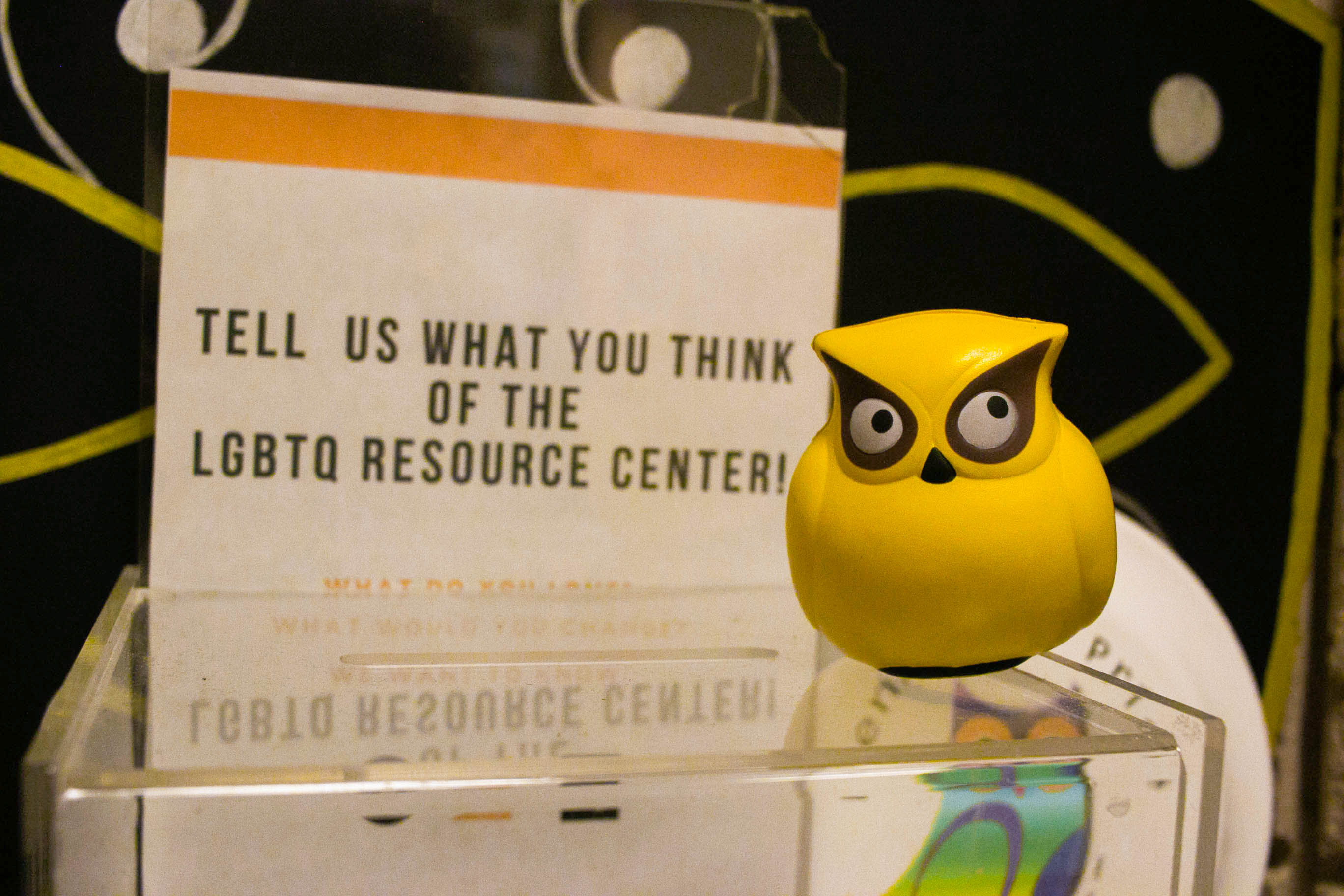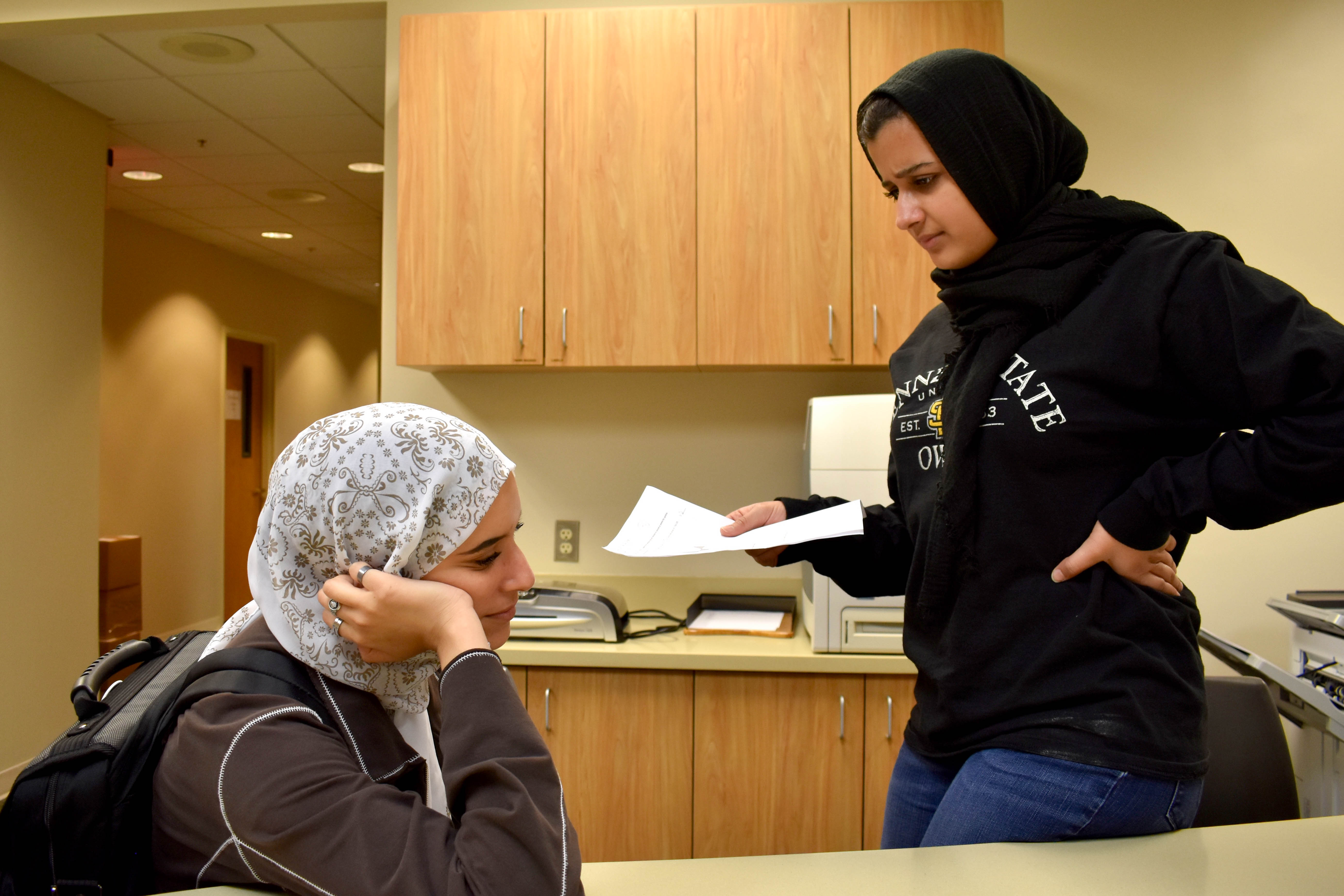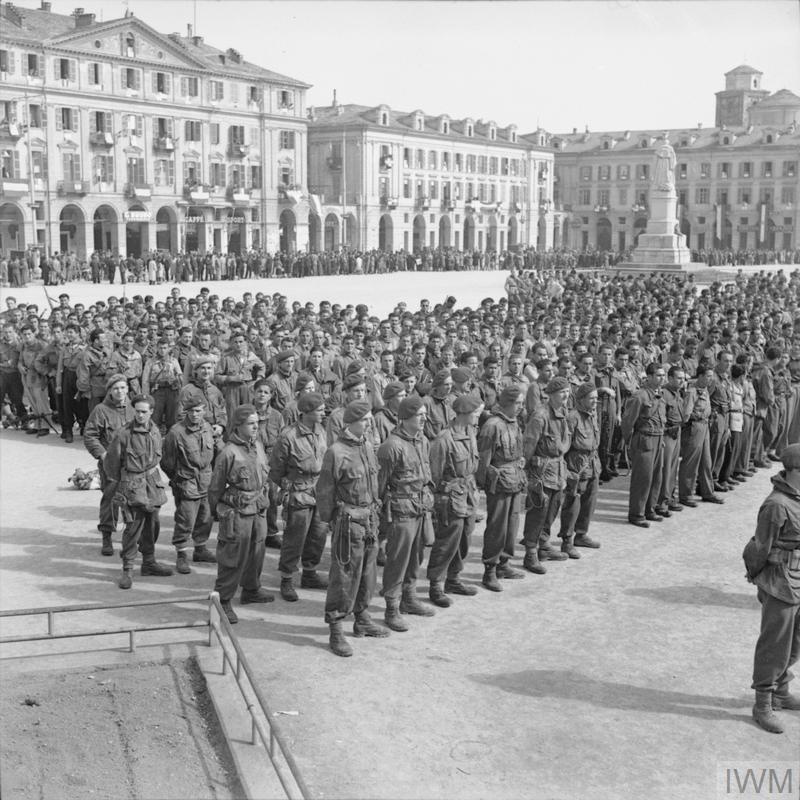A refugee is an individual who has been forced to leave their home country in order to avoid persecution. A migrant is someone who chooses to relocate to another country for various reasons, typically economic stability and the hope of a prosperous future. According to the United Nations Refugee Agency, refugees are still considered migrants, but the characteristic of them into either category brings forth a moral and ethical issue that European countries are now forced to make.
European countries are currently facing a “crisis” regarding the periodic influx of individuals predominately from the Middle East and African countries. They are fleeing a variety of issues including war and other forms of violence. This fear for life displaces families on the dangerous journey to finding solace and escaping an environment that threatens their survival.
Some of the most critical of these dangerous journeys include the two boats that sank with about 500 migrants on board after leaving Zuwara in Libya and the 71 abandoned bodies discovered in Austria on Aug. 27, suspected of being Syrians, according to BBC.
There have been a series of heated debates about the topic of immigration in the United States, leading to discussions about the legitimacy of anyone using the term “American” due to the role that heterogeneity plays in the US. To feel an irretrievable need to leave a country out of distress is not something I can easily fathom, but I sympathize with that state of mind and the desire to escape. Discussions often turn to the logistics of things and the economic prosperity of U.S., disregarding the mental state of the individuals involved. The needs of the U.S. need to be critically analyzed as well as its role in external affairs – though they often become internal. Europe is now beginning to have to answer the same questions and participate in dialogues across the board. Pope Francis urged inhabitants of Europe to offer shelter to the hundreds of thousands of migrants seeking to cross borders of several European countries. Organizations and individual citizens are offering housing accommodations to the homeless individuals flooding into their countries.
“Give them a concrete hope,” Pope Francis said on Sept. 23 at the World Meetings of Families in Philadelphia.
Not surprisingly so, his charge to Europe was filled with the need for charity and forgiveness, rather than the political sphere that citizens must also be akin to.
This unparalleled migration caught these European nations by surprise. It awakens the desire and lack thereof to find a balance between ethics and law. There often is no even plane, as we much choose where to place priorities in the grand scheme of things. Among that is the immigration crisis facing Europe and the current battle that the U.S. is facing on where the nation is headed amidst the upcoming 2016 presidential election and the stance on immigration reform by various candidates.
Situations like these bring light to the often difficult decision that we must make when discerning what course of action to take in various situations. It’s easy to isolate US immigration issues as one about those who illegally crossed one of the borders or those who have illegally resided for additional reasons. Whatever the cause; it is illegal nonetheless. That does not negate the role that the humanity – the condition of our own people, foreign or native — should play in each decision.



